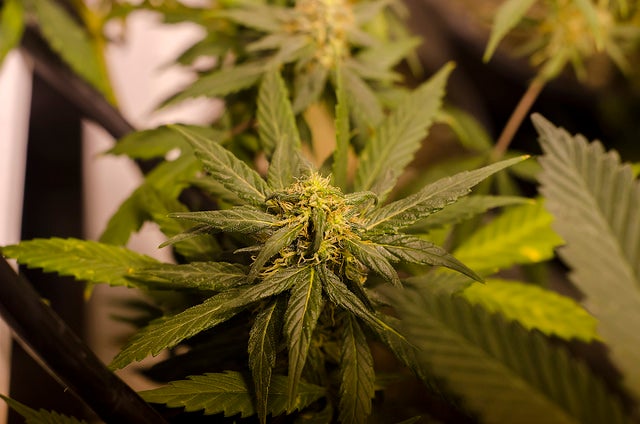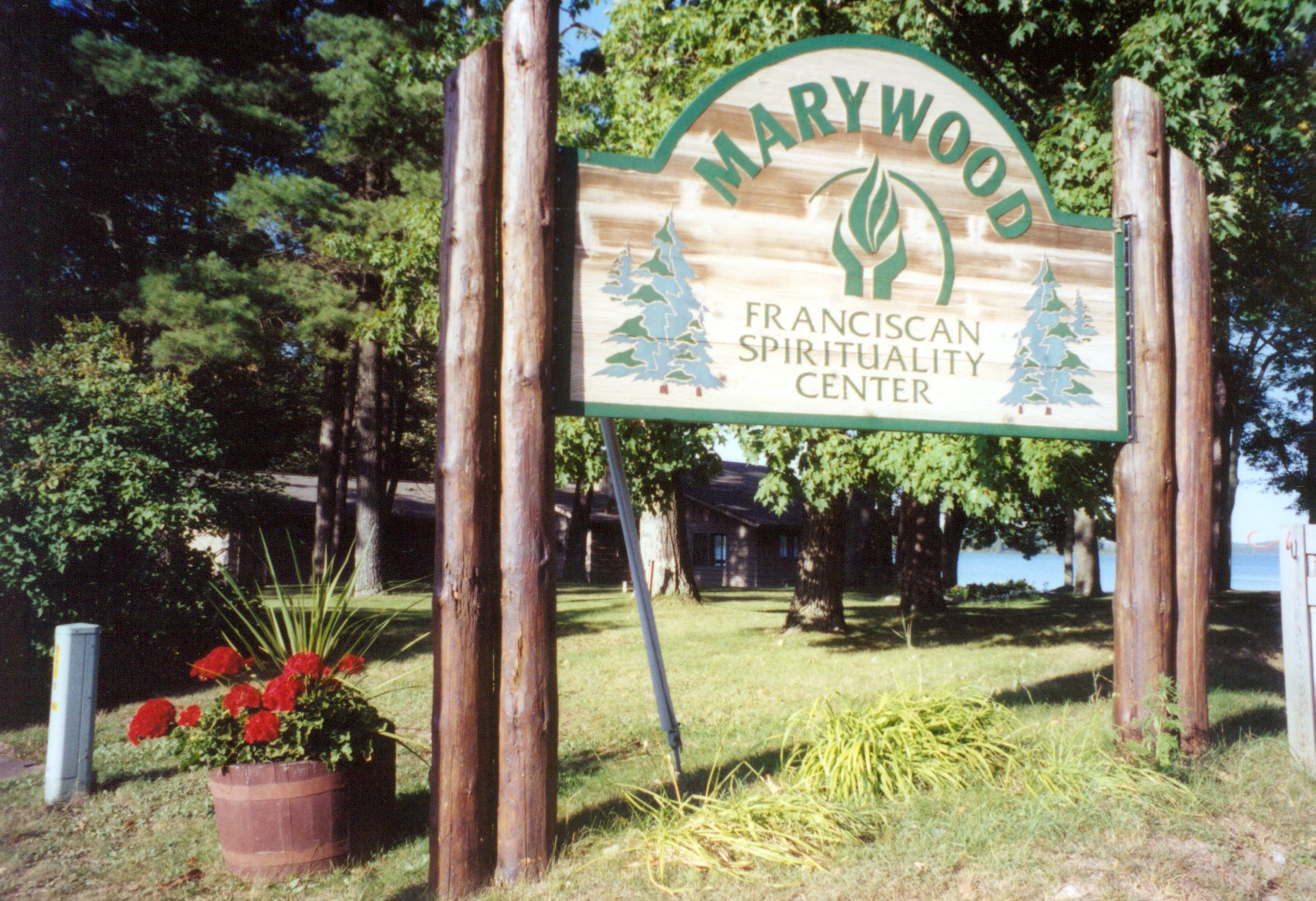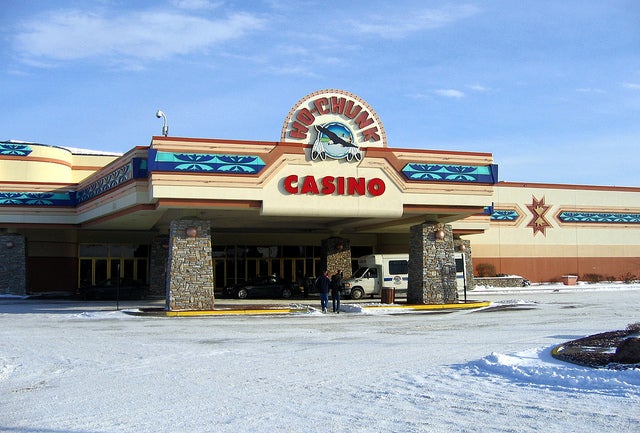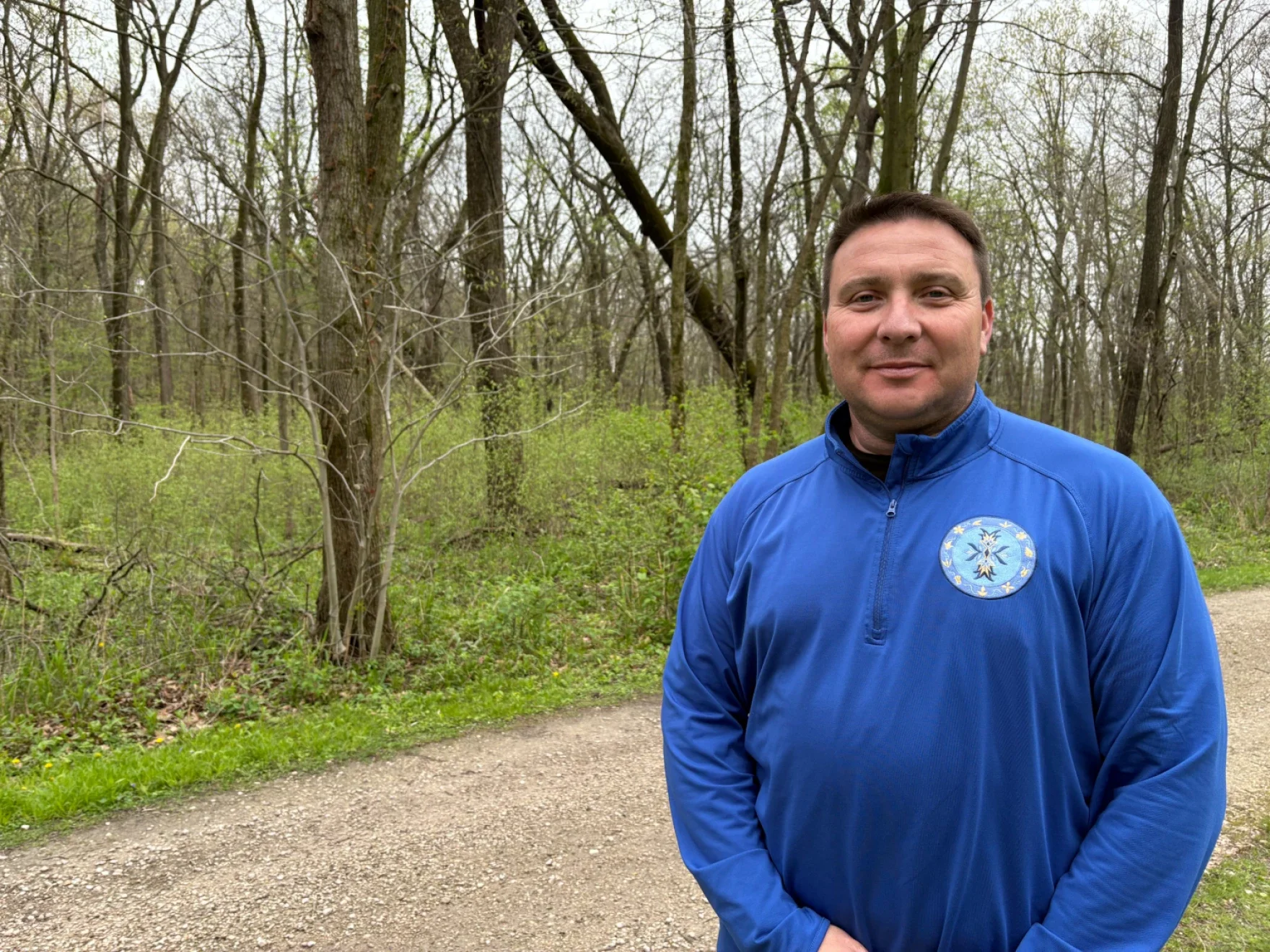While a recent U.S. Department of Justice memo opens the doors for marijuana legalization on tribal land, Wisconsin’s 11 tribal nations may not be growing or selling pot any time soon.
The DOJ’s policy statement was released after tribes around the country began asking what evolving marijuana laws means for them. The memo suggests that U.S. attorneys will not prosecute marijuana laws on Native American land if a tribe decides to grow and sell it. There’s still some confusion about that memo, however, and many are seeking additional guidance from the federal government.
“The way I’m interpreting this is is that we still have the authority to enforce these laws,” said John Vaudreuil, the U.S. Attorney for the Western District of Wisconsin.
News with a little more humanity
WPR’s “Wisconsin Today” newsletter keeps you connected to the state you love without feeling overwhelmed. No paywall. No agenda. No corporate filter.
Marijuana is still federally prohibited, and Vaudreuil said he has the jurisdiction to prosecute drug crimes on tribal lands. But if a tribal nation is interested in legalizing the drug, Vaudreuil said he would meet with leaders.
“I would sit down and start a dialogue immediately,” he said. “They know it. I’ll get in my car tomorrow and drive to Red Cliff, all the way up to Bayfield so we’d talk about it.”
Vaudreuil said none of Wisconsin’s tribal nations have approached him about this yet, but he has heard of companies approaching tribes, selling the idea of legalization as a way to make money.
The issue is further complicated by the fact that marijuana is still illegal under state law. Outgoing Attorney General J.B. Van Hollen said that regardless what the DOJ decides, he’d tell law enforcement to continue pursuing marijuana cases on tribal lands until the state Legislature legalizes it.
At the Lac du Flambeau reservation in northern Wisconsin, officials have been intensely cracking down on drug use. Last year, they issued an unprecedented state of emergency to deal with drugs after a rise in overdoses, suicides, and crime. Since then, about 85 non-tribal members caught selling or using drugs on the reservation have been banished. A drug and alcohol treatment facility for tribal members is under construction.
Lac du Flambeau spokesman Brandon Thoms said leaders are not talking about legalizing marijuana anytime soon.
“What kind of message would that send to those people suffering right now that we’re trying to help?” Thoms said. “And especially, what kind of message would it send to our young people? You know, the ravages of drugs and alcohol have been felt in Indian Country. I think our tribe in particular is doing our best to solve some of those issues.”
Within the Ho-Chunk Nation, leaders have not taken up the marijuana legalization issue formally. President Jon Greendeer said the tribe has been working hard at promoting healthy lifestyles and cutting back on high levels of addiction, obesity and diabetes. He doesn’t think legalizing marijuana fits in with those efforts right now.
“I don’t think there is a lot of information that supports both the medical use or — what typically ends up happening — is recreational use,” said Greendeer. “That’s something we’ve been working steadfastly against in our communities.”
Greendeer said tribes elsewhere could legalize marijuana as a way to flex their muscle at the federal government, and that they could benefit economically from doing so. However, Greendeer said the Ho-Chunk doesn’t feel that’s a good enough reason at this point.
“I don’t want to see our nation as being known for the nation that can grow pot for everybody,” Greendeer said. “I think that’s a tremendous disservice to the decades of the reputable imaging that our former leaders have done to promote the wellness that our tribe has been known for.”
The Menominee Nation, Mohican Nation Stockbridge-Munsee Band, Oneida Nation, and Bad River Band of Lake Superior Chippewa also say they’re not considering marijuana legalization at this time.
Five other tribes did not respond to questions on the issue.
Wisconsin Public Radio, © Copyright 2025, Board of Regents of the University of Wisconsin System and Wisconsin Educational Communications Board.







